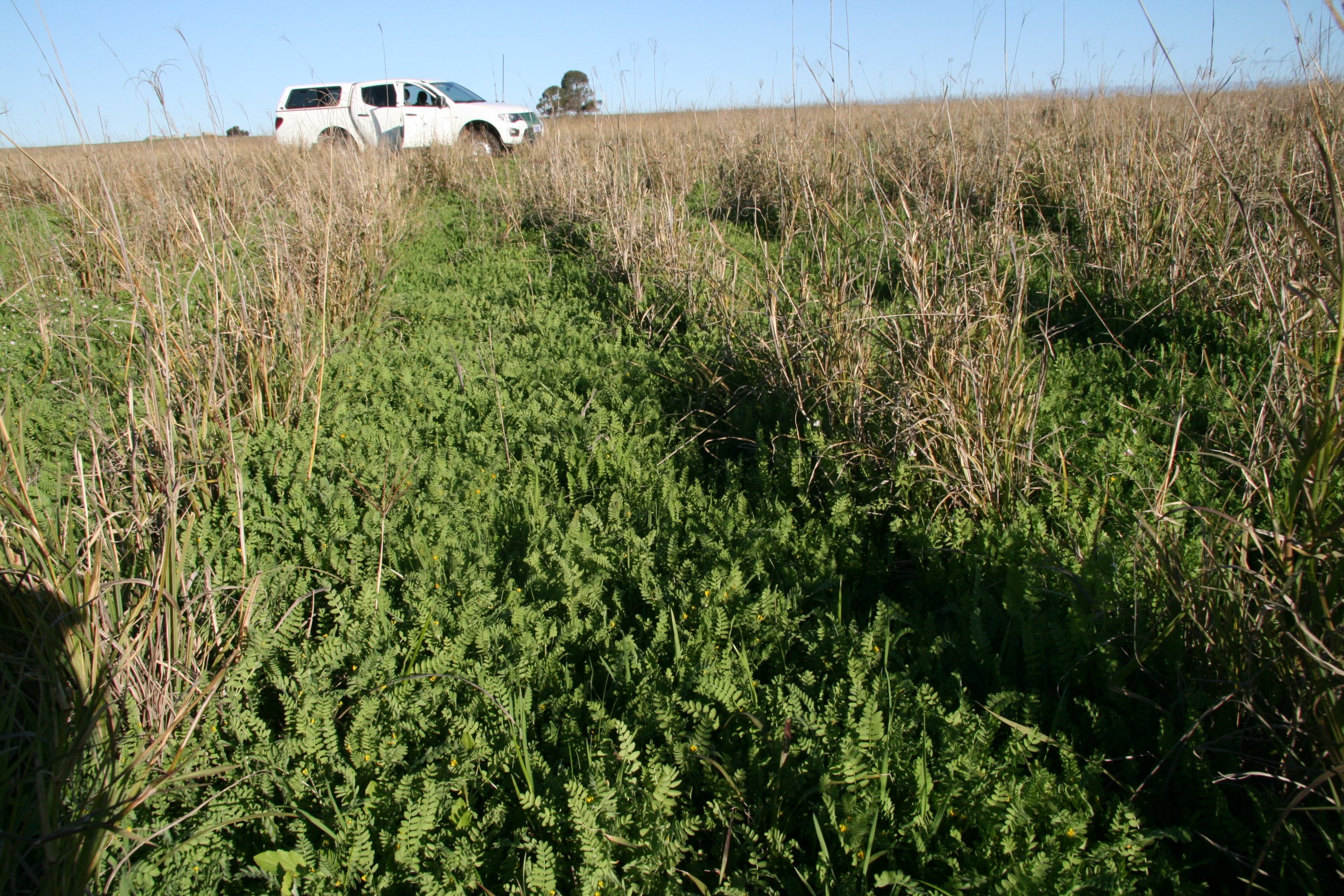Over the last 25 years, the Pulse association of the South East (PASE) has seen a huge change in the legume space. PASE is asking questions about the transition to developing a strategy to continue to grow legumes and if it is viable to market out of the port zone.
In the last two decades with the transition of business operation in agriculture along with changing technology and the development of agriculture research, it is evident that Canola has become the regular break crop in the South Easter area. Although there is still a lot of interest in creating a legume rotation among a variety of growers, the majority seem to have moved on. A small group still incorporates legumes into their cropping programs in the area including faba beans, lentils, lupins and chickpeas which is why PASE are still interested in the continuation of the organisation for the potential pulses have for sustainable farming.
Legumes are known to give increased yield and profit through the high-performance nitrogen fixation of pastures and crops as well as providing livestock with increased fat score and more significant profit margins. Legumes also decrease fertiliser programs allowing for sustainable farming practises. A variety of international farmers are cutting down their fertiliser costs using legumes as a way to develop healthier soils each year. In the next few decades, it is predicted farming operations will increase their sustainable farming practises and increase the level of productivity as the agricultural sector grows in capacity. Internationally there is an expectation that more plant-based proteins, including soybeans and other legumes, will be used as more sustainable and less invasive cropping to allow soil protection. It is yet to take off in Australia, but with the ability for organisations including PASE among others to work together to educate and increase the capacity for legumes, there is hope soon Australia will be using this strategy rather than increase fertilisers.
It is exciting for PASE to be evolving their practice and are seeking guidance from Professor Tim Mazzarol at UWA, specialised in entrepreneurship, innovation, small business management, and part of the Commercialisation Studies Centre (https://www.csc.org.au/) focusing on advancing the development and understanding of commercialisation. PASE hopes to come to a successful outcome that can support the future of legumes and pulses in the South East region and see more farmers in the area using legumes for a sustainable and prosperous future in farming.
Sources: Farm Weekly, & High West Journal

